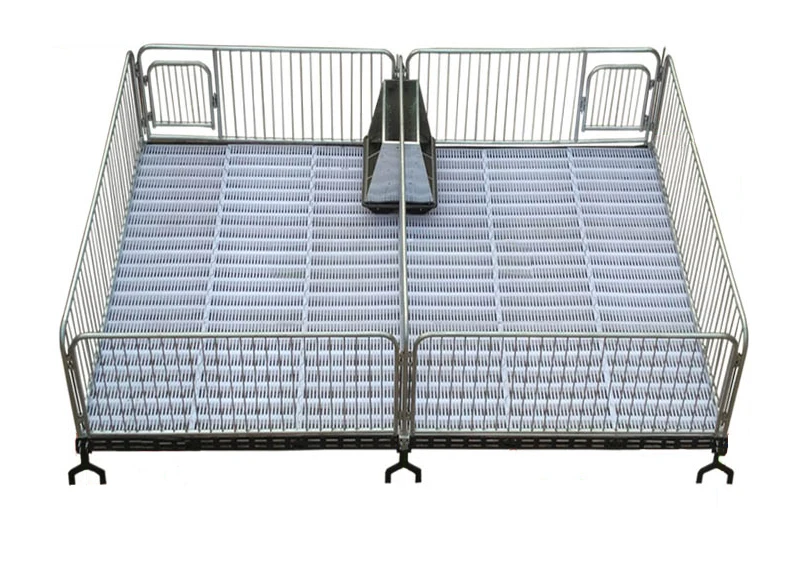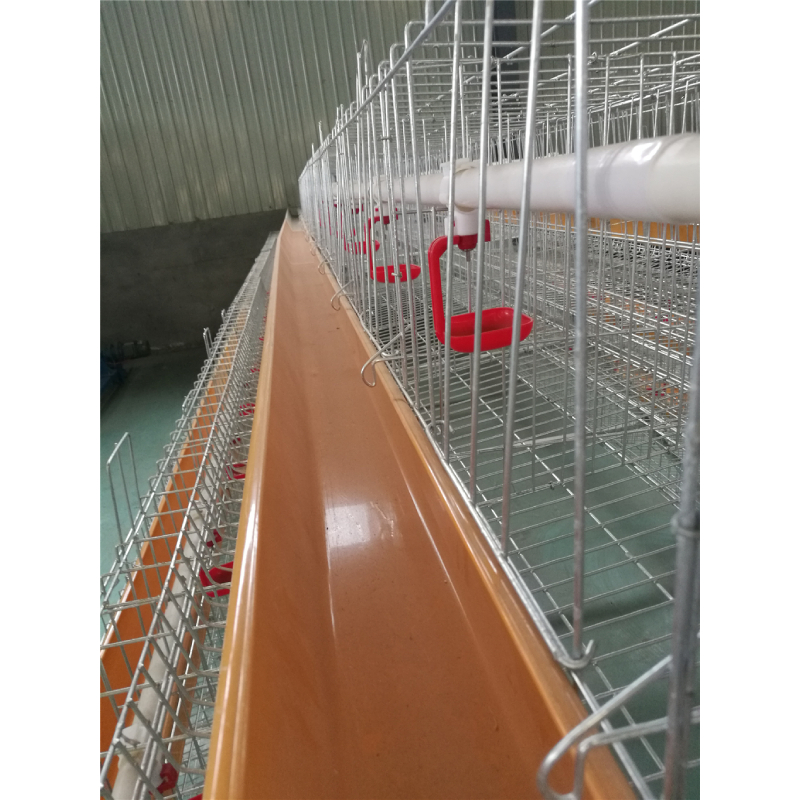chicken cage
1 月 . 25, 2025 01:19 Back to list
chicken cage
Choosing the right chicken cage is a crucial step for anyone involved in poultry farming, be it a small backyard operation or a large commercial venture. The right cage not only impacts the well-being of your chickens but also the efficiency and productivity of your farming operations. Here is an expert guide on what makes an ideal chicken cage, enriched with real-world experiences, professional insights, and credible practices.
Security cannot be overlooked when selecting a cage. Predators pose a constant threat, especially in outdoor farming setups. Cages must be equipped with predator-proof locks and reinforced in areas vulnerable to attacks by pests like raccoons and foxes. Experienced farmers often recommend inspecting and maintaining cage integrity regularly to prevent unexpected predation incidents. The adaptability of the cage system to expansion plans is beneficial for growing farms. Modular cages or those that can be stacked and expanded are advantageous for scaling operations without requiring a complete overhaul. This flexibility supports strategic growth, allowing farmers to increase flock size efficiently. Trust is vital in product choice. Opt for manufacturers or suppliers known for adhering to animal welfare standards. Certifications from credible animal welfare organizations guarantee that the cages meet ethical farming requirements, boosting both consumer trust and marketability. Farmers who prioritize welfare-aligned products often enjoy better market positioning and consumer perception. Professional insights emphasize the importance of aligning cage choice with specific farming goals. Layer cages, broiler cages, and free-range establishments all have distinct requirements. Consulting with agricultural experts or avian veterinarians can provide tailored advice, assisting in selecting the most suitable cage type for individual farming needs. In conclusion, the optimal chicken cage combines design, material quality, functionality, ventilation, security, and adaptability to bolster both bird welfare and farm productivity. Acknowledging real experiences, industry expertise, and authoritative advice, investing in the right cage delivers long-term benefits and builds a credible, sustainable poultry farming operation.


Security cannot be overlooked when selecting a cage. Predators pose a constant threat, especially in outdoor farming setups. Cages must be equipped with predator-proof locks and reinforced in areas vulnerable to attacks by pests like raccoons and foxes. Experienced farmers often recommend inspecting and maintaining cage integrity regularly to prevent unexpected predation incidents. The adaptability of the cage system to expansion plans is beneficial for growing farms. Modular cages or those that can be stacked and expanded are advantageous for scaling operations without requiring a complete overhaul. This flexibility supports strategic growth, allowing farmers to increase flock size efficiently. Trust is vital in product choice. Opt for manufacturers or suppliers known for adhering to animal welfare standards. Certifications from credible animal welfare organizations guarantee that the cages meet ethical farming requirements, boosting both consumer trust and marketability. Farmers who prioritize welfare-aligned products often enjoy better market positioning and consumer perception. Professional insights emphasize the importance of aligning cage choice with specific farming goals. Layer cages, broiler cages, and free-range establishments all have distinct requirements. Consulting with agricultural experts or avian veterinarians can provide tailored advice, assisting in selecting the most suitable cage type for individual farming needs. In conclusion, the optimal chicken cage combines design, material quality, functionality, ventilation, security, and adaptability to bolster both bird welfare and farm productivity. Acknowledging real experiences, industry expertise, and authoritative advice, investing in the right cage delivers long-term benefits and builds a credible, sustainable poultry farming operation.
Next:
Latest news
-
Battery Layer Cage Systems With Automatic Feeding Machine
NewsMar.07,2025
-
Hot Selling Multi Function Vacuum Packaging Machine
NewsMar.07,2025
-
Chicken scalder plucker machine for sale poultry scalder chicken plucking machine
NewsMar.07,2025
-
Egg Tray Making Machine 1000, 2000, pulp molding machine
NewsMar.07,2025
-
Automatic Feeding Line System Pan Feeder Nipple Drinker
NewsMar.07,2025
-
cage layer chicken
NewsMar.07,2025






